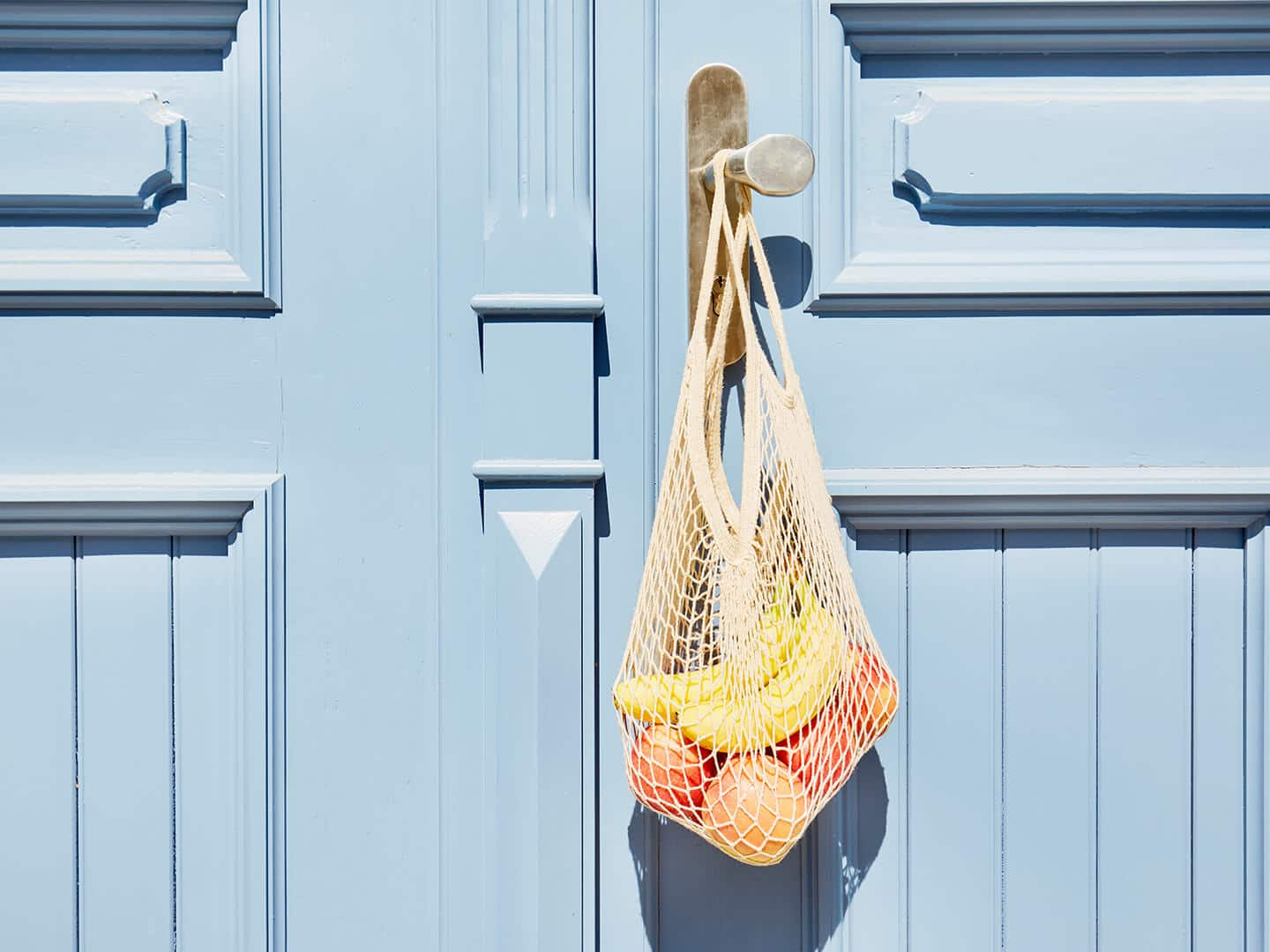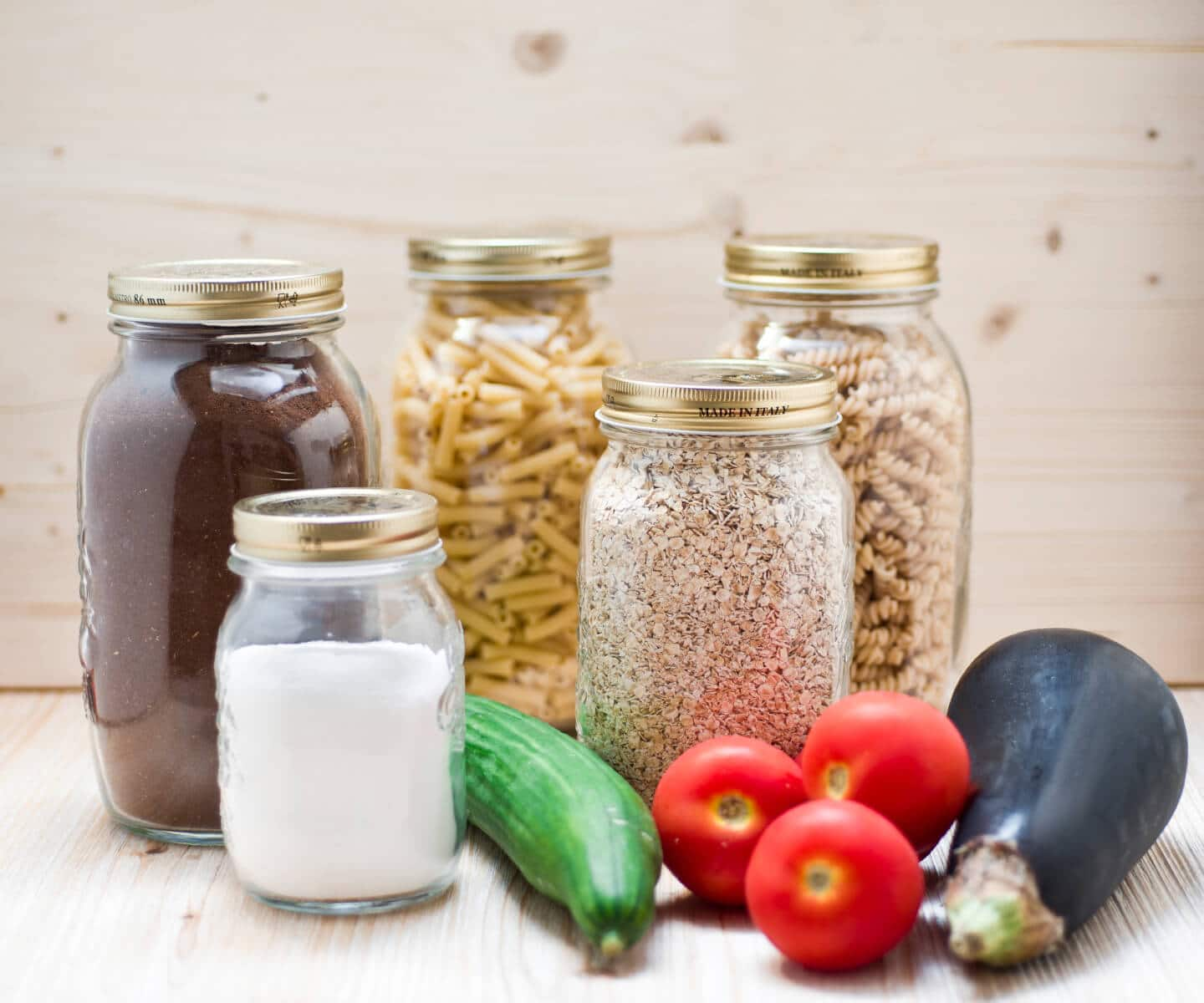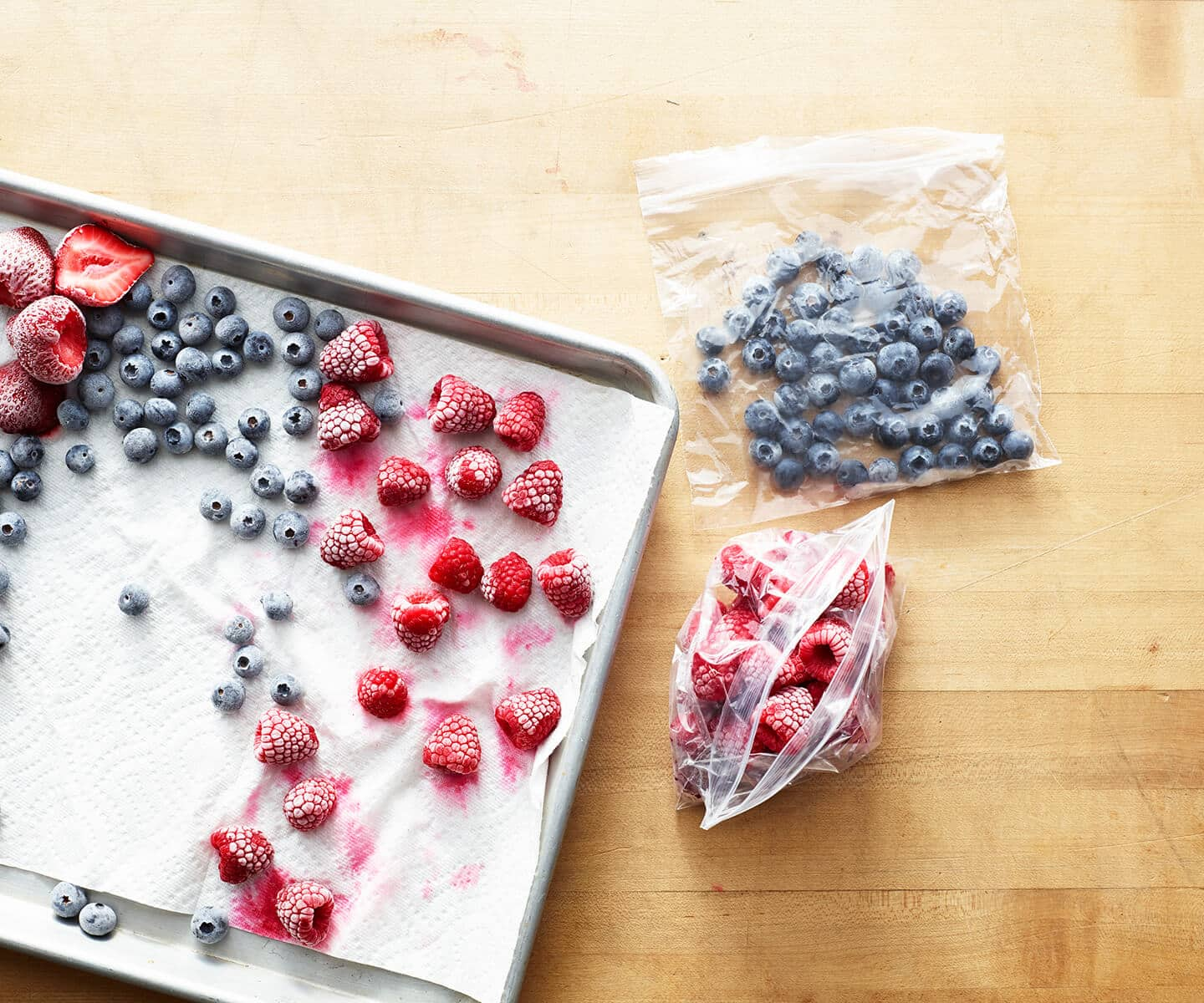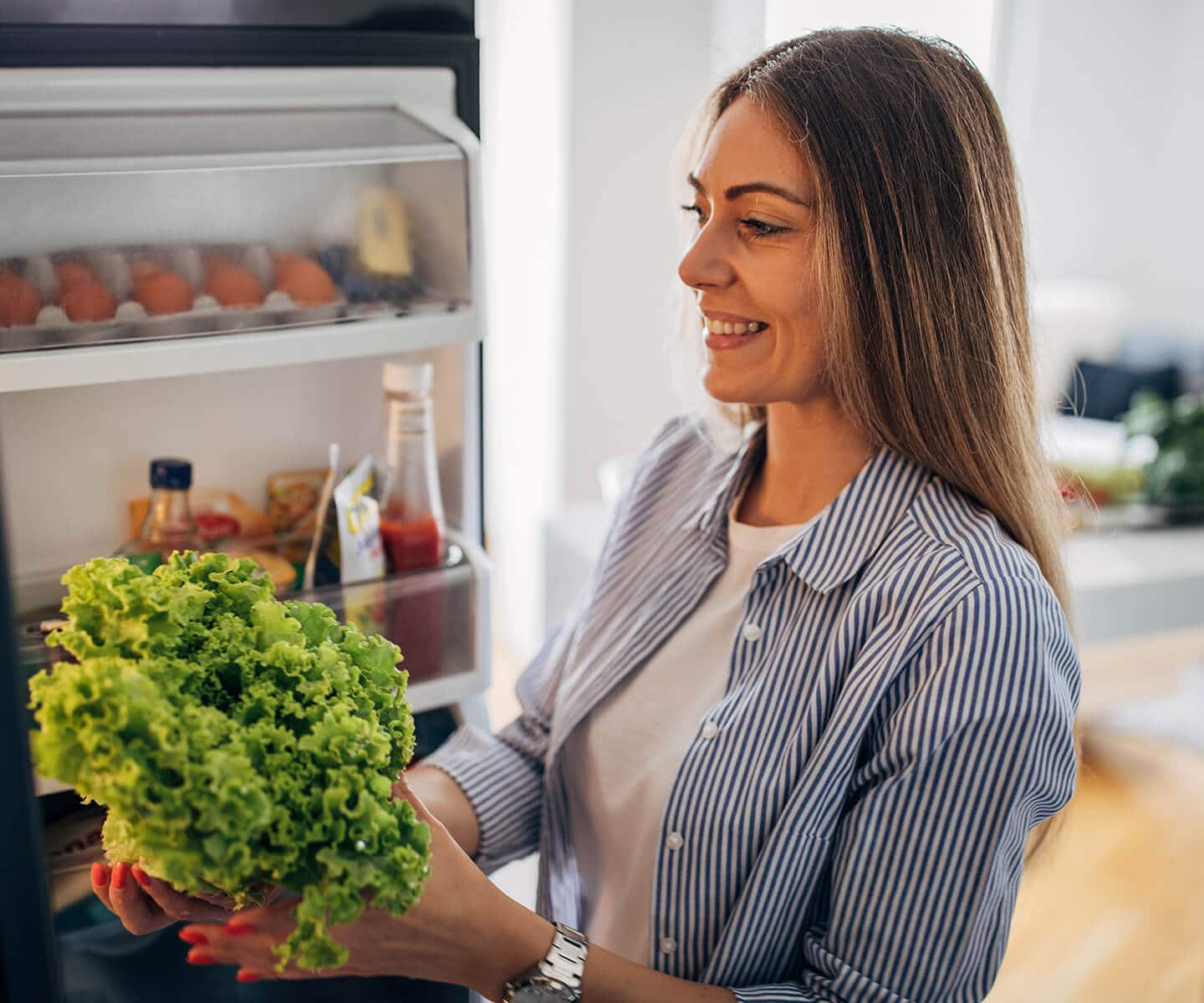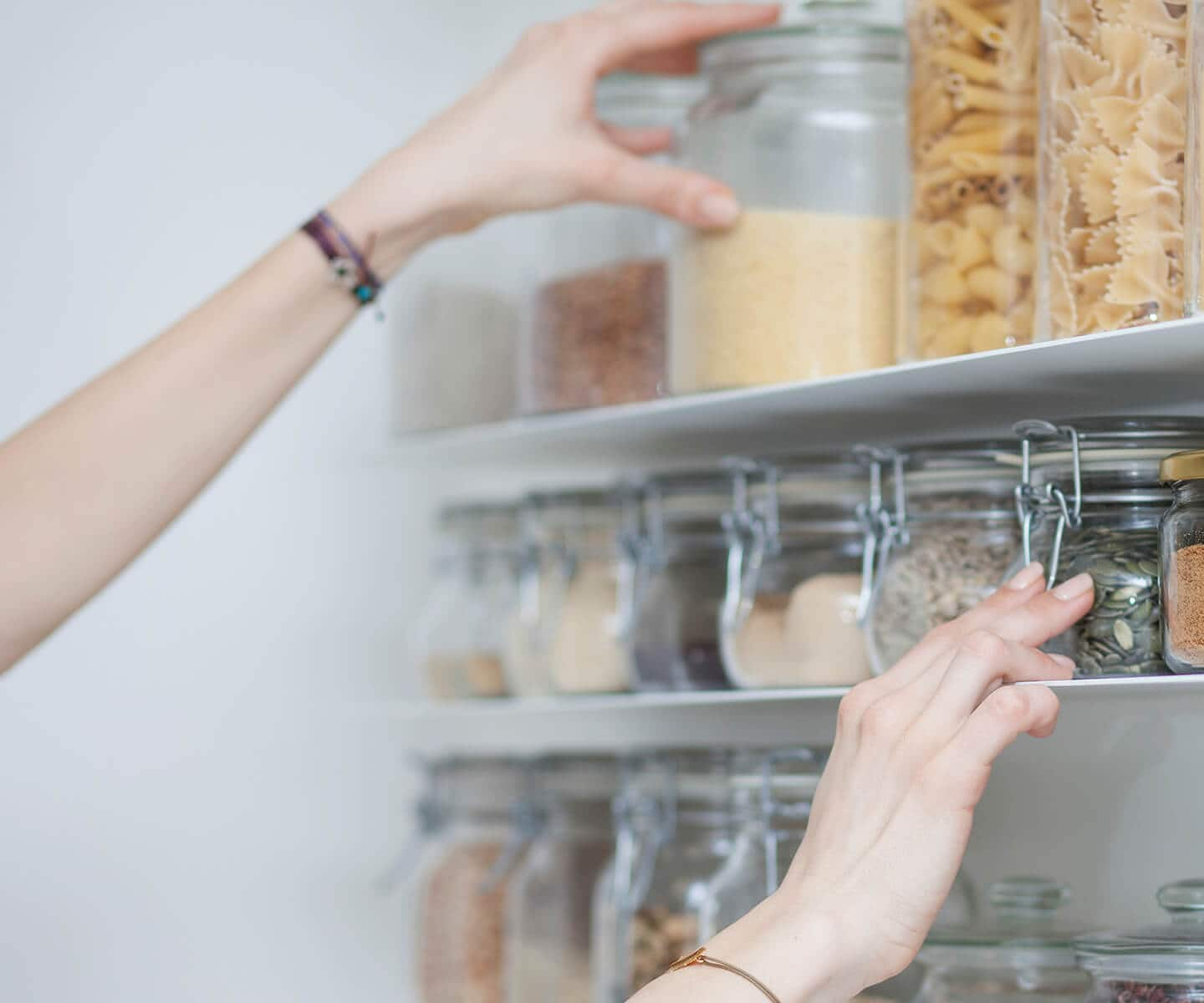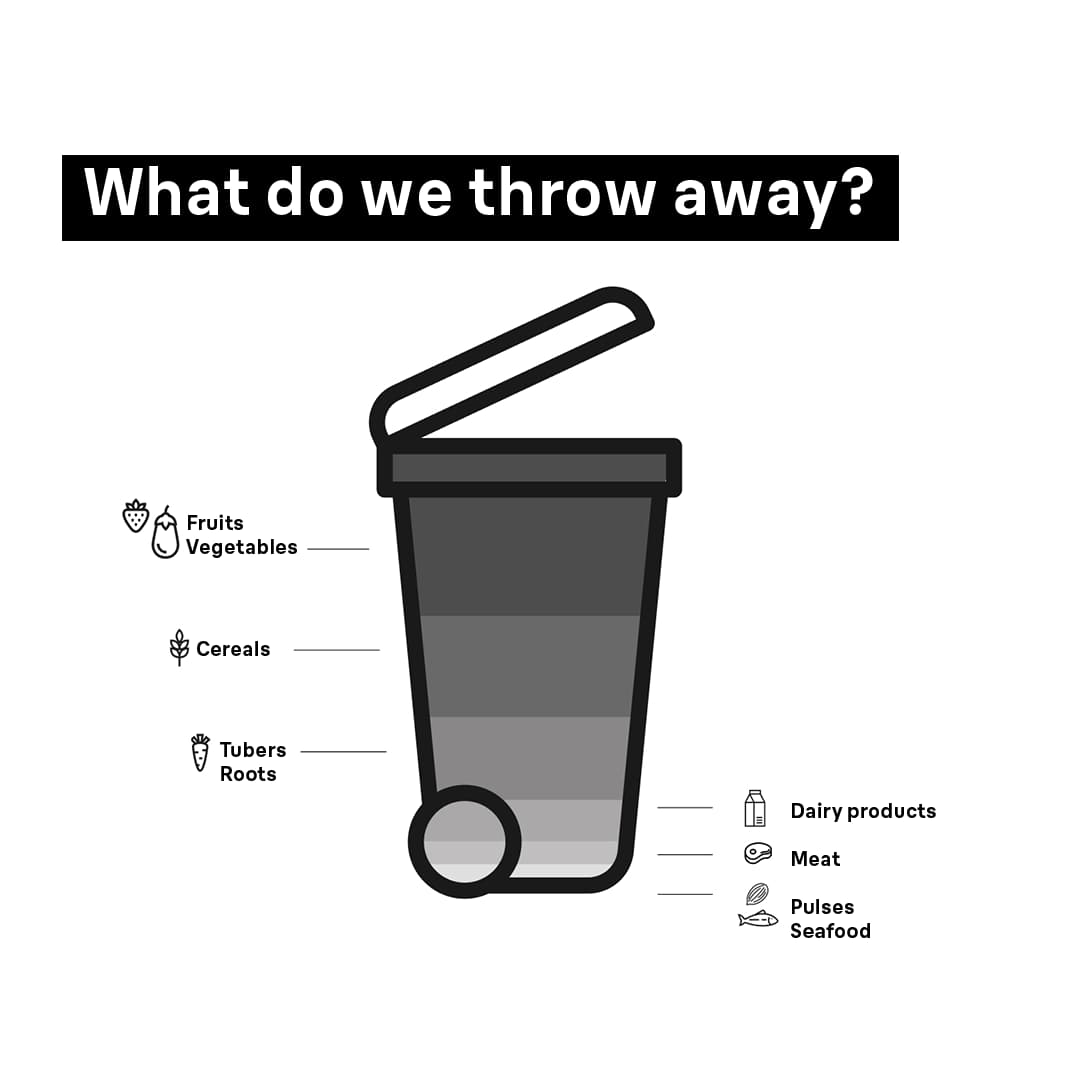Pourquoi les aliments se gâtent-ils ?
Qu'ils soient chauds ou froids, humides ou secs, tous les aliments n'aiment pas les mêmes conditions. S'ils sont mal conservés, les aliments perdent leur saveur et se gâtent plus rapidement. Cela est dû aux influences et changements physiques, biochimiques, chimiques et microbiens auxquels les produits sont exposés. Les aliments peuvent également être endommagés par les parasites et la vermine.
L'altération microbienne est causée par des bactéries, des moisissures et des levures. Elles provoquent la pourriture, la fermentation ou le développement de moisissures dans les aliments et, parfois, le développement de substances pathogènes en conséquence. Ces processus, ainsi que la durée de conservation des aliments, sont principalement influencés par des conditions physiques telles que la chaleur, le froid et l'humidité.
En outre, les enzymes présents dans les aliments déclenchent des modifications biochimiques, telles que la dégradation des vitamines, des pigments et des arômes. Les graisses rancissent en raison d'une altération chimique déclenchée par des réactions chimiques dans les composants alimentaires. Des facteurs externes tels que la lumière et l'air peuvent accélérer ce processus.
